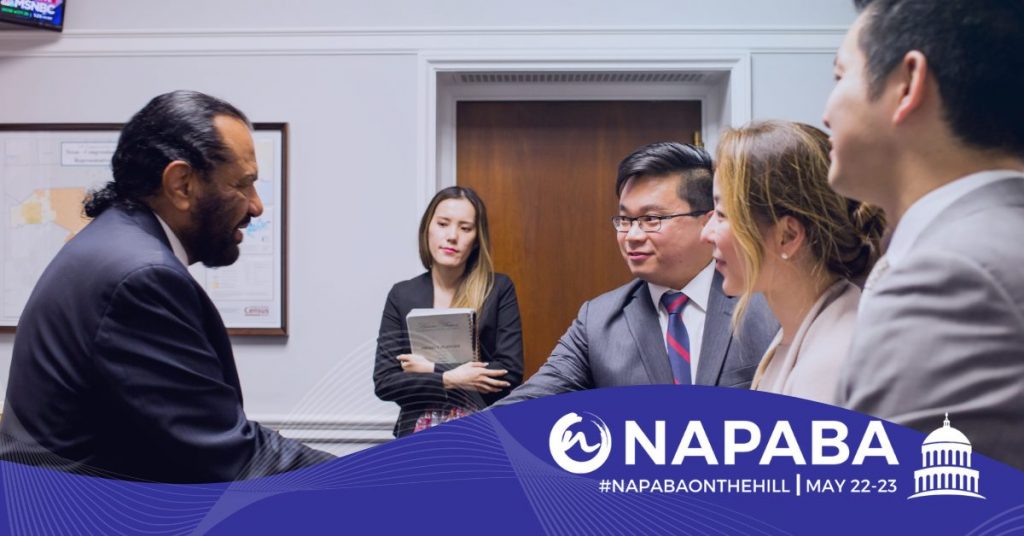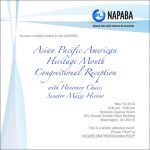
| For Immediate Release: Date: June 27, 2025 | Contact Rahat N. Babar, Deputy Executive Director |
WASHINGTON – Today, in the cases involving challenges to the executive order that limits birthright citizenship, the U.S. Supreme Court narrowed the scope of the preliminary injunctions that can be available to pause the executive order before a final judgment can be rendered. This discrete, preliminary issue will now return to the district courts for them to craft an injunction that, in the Court’s view, is no “broader than necessary to provide complete relief to each plaintiff with standing to sue.” The Court did not address the constitutionality of the executive order.
In the meantime, as the parties litigate over the scope of the injunctions, and as three federal courts of appeals evaluate the substantive challenges to the executive order, the National Asian Pacific American Bar Association (NAPABA) reaffirms the principles that underlie our amicus briefing to the courts that Executive Order 14160 must be set aside.
First, EO 14160 upends the Fourteenth Amendment’s promise of an equal claim of citizenship to all persons born in the United States. Under the plain text of the Fourteenth Amendment and longstanding historical precedent, EO 14160 is patently unconstitutional.
Second, EO 14160 distorts the holding of United States v. Wong Kim Ark, 169 U.S. 649 (1898). As we explained in our amicus brief, the Court upheld the conferral of citizenship to children born in the U.S. to non-citizen parents under the Fourteenth Amendment’s Citizenship Clause. The brief underscored the historical significance of this precedent and the role of Asian Americans in shaping our nation’s foundational immigration and civil rights precedents.
Lastly, if EO 14160 is implemented, disproportionate harms would result for Asian American communities. In the United States, 65% of Asian American adults are immigrants. Asian immigrants account for a substantial percentage of the overall immigrant population, with 17% of all undocumented immigrants having Asian ancestry and more than 88% of individuals holding H-1B visas. Under EO 14160, children of these categories of immigrants would be excluded from citizenship, despite being born, raised, and educated in the United States and despite knowing no other country of allegiance.
The question of a child’s citizenship in the United States ought not to be dependent on the stature or circumstances of their parents. Nor should it turn on whether a child is born in one state versus another. For the guarantees of the Fourteenth Amendment to be vindicated, birthright citizenship must apply to all children across the United States.




